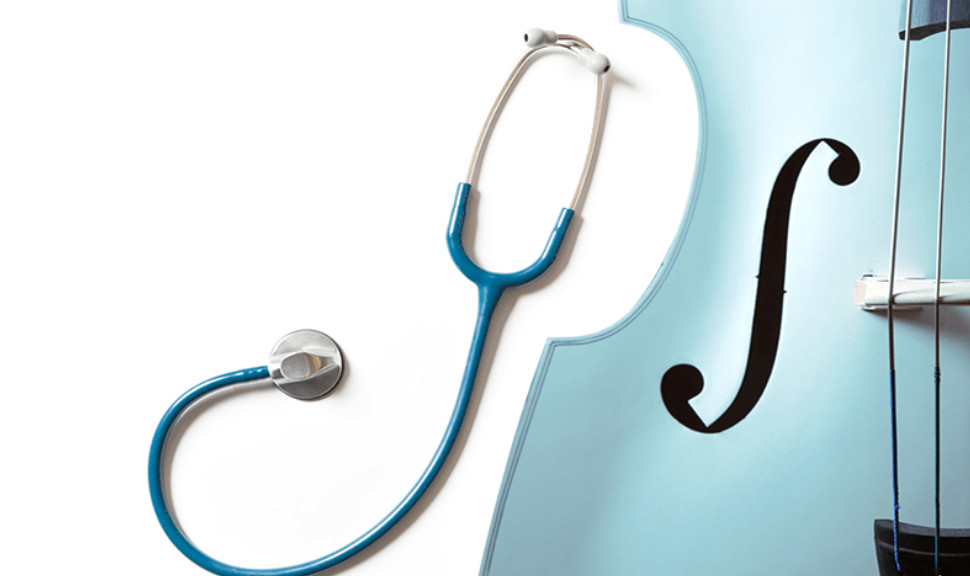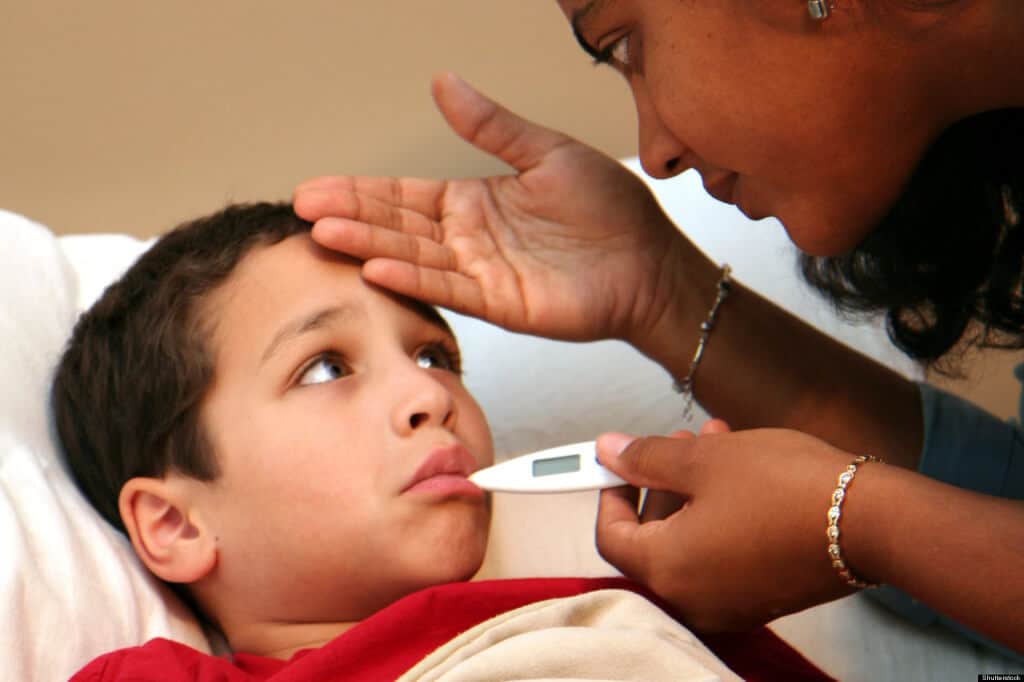What causes an abdominal hernia, and how should it be treated?
Hernias are generally protrusions and dislocations of the body, and although not specific to men, the type of abdomen is more common in men. The intestines of the gastrointestinal tract are transported from the weaker part to the fats and muscles behind the skin. Hernia protrusions come in many forms, from an inguinal abdominal hernia, which is the most common type of abdominal hernia in men and often occurs due to removing heavy objects or high pressure during defecation. Umbilical hernias are usually born at birth, or There are around it.
Types of abdominal hernias:
- Inguinal hernia: This type of abdominal hernia causes a bulge in the groin and inside the scrotum, and this type of hernia is more common in men than women.
- Hip abdominal hernia: A protrusion of the upper thigh that is more common in women than men.
- Umbilical abdominal hernia: This method is called a bulge around the umbilicus and is caused by the inability of the muscles around the umbilicus to cover that area completely.
- Incisional abdominal hernia: When an incision is made in the abdominal wall at the surgical site, and a bulge may form due to muscle separation at the previous surgical site.

Cause of abdominal hernia:
Naturally, the abdominal wall has areas that are likely to weaken. Hernias can be caused by excessive pressure on this part of the abdominal wall, aging, injury, cuts or old wounds, or congenital weakness. Anyone at any age can get an abdominal hernia, and most hernias are congenital in children. In adults, natural weakness or pressure from lifting heavy objects, persistent coughing, defecation, or urinary incontinence can cause the abdominal wall to weaken or rupture.
Diagnosis of abdominal hernia
Areas where a hernia usually occurs include the groin, umbilicus, or area where surgery has already been performed.
The diagnosis of a hernia is usually simple: you may feel a lump under the skin, or you may feel pain when lifting heavy objects, coughing, pressure when urinating or defecating, or sitting or standing for long periods.
The pain may be severe or mild and intensify throughout the day.
Severe and persistent pain, redness, pressure, are signs that the abdominal hernia may be stuck or lead to fungal debris, and if you notice these symptoms, you should see a doctor as soon as possible.
If you have any of the following, you may have an abdominal hernia:
- Family history of abdominal hernia
- Cystic fibrosis
- The testicles are not small
- High weight
- Chronic cough
- Chronic constipation, pressure during defecation
- Large prostate, pressure when urinating
Hernia symptoms:
Pain, swelling and bulging, discomfort due to complications, persistent pain with fever, and nausea are some of the symptoms of this disease that should be referred to the emergency department. Increased pain with activity and decreased pain and swelling with rest are also symptoms of a hernia. Of course, there may be no symptoms in the early stages of the abdominal hernia, but the hernia sac and its contents are painful to the touch and may even cause recurrent pain in the advanced stages.
Hernia in women:
Vaginal hernia in women
Rupture of the vaginal wall due to various factors and pressure on the adjacent limb is called vaginal wall abdominal hernia. This complication is divided into three special types according to the location of the adjacent and adjacent limb rupture:
- Types of vaginal hernias
- Cystic cell vaginal abdominal hernia
- Vaginal abdominal hernia of the rectum
- Anti-cell vaginal abdominal hernia
Vaginal hernias occur when the supporting or constructive structures supporting the vagina are weak or damaged, leading to natural childbirth and menopause. These are the most common symptoms of intravaginal or pelvic pressure with painful intercourse (dyspareunia). A lump in the vagina, a decrease in pain or pressure when bending, is a urinary tract infection.

Hernia in pregnancy
Hernias during pregnancy are not always a concern unless they are painful. However, if left untreated, it can eventually become very serious and life-threatening.
If you know you have an abdominal hernia and are pregnant or are currently pregnant, it is important to tell your doctor about treatment. Pregnant women are more prone to hernias because muscles become stretched, thin and weak during pregnancy. Surgery is the only effective method for a hernia. However, surgery is not recommended during pregnancy unless it poses a risk to you or your fetus. Otherwise, surgery should be delayed until delivery and full recovery, which takes 3 to 6 months. In cases where surgery is needed during pregnancy, it is recommended that this surgery be performed in the second trimester of pregnancy.
How can an abdominal hernia be prevented during pregnancy?
Prevention is very unlikely, but the good news is that pregnancy does not normally cause the abdominal hernia to get bigger. However, physical support of the abdominal hernia site during sneezing, coughing, and laughing can prevent severe discomfort. To provide this support, you can easily put your hand on the hernia at times mentioned, and also, in some cases, you should avoid strenuous physical activity.
Types of abdominal hernia in infants
Inguinal hernia or groin hernia is one of the most common abdominal hernias in children and infants, with a 1 to 5% prevalence. In this disease, the ratio of boys to girls is 3 to 1 and occurs in 60% of cases on the right, 30% on the left, and 10% bilaterally. A groin abdominal hernia is the protrusion of the viscera inside the abdomen through the inner ring to the outside of the abdominal cavity. In boys, this bulge can spread to the scrotum and damage the organs and elements of the testicular stem and even the testicle itself. Sometimes this bulge causes the testicles to become thinner and destroys testicular function. If the intestines get stuck in the hernia sac, it can cause the intestines to blacken and even cause the baby to die due to a severe infection of the scrotum and abdominal cavity. Swelling of the groin area is accompanied by crying, pushing, and lifting a heavy object. In this regard, any factor that increases intra-abdominal pressure can cause abnormal bulging of the intra-abdominal viscera and ultimately bulge in the groin area.
An umbilical abdominal hernia is also one of the most common hernias in infants, which, unlike groin hernias, does not require immediate surgery because it is safe. After the diagnosis of this disease in infants, we wait up to 4 years, and if the defect of the abdominal wall in the umbilicus is not closed, surgery will be performed. Parents’ symptoms in their children in the development of this disease are swelling of the umbilical cord when crying and pressure. Immediate surgery is not recommended because the limbs are not trapped and are safe. Tying a coin and pressing it on the navel does not affect the healing of this abdominal hernia and is not recommended due to the side effects it causes to the patient.
abdominal hernia treatment:
There are several ways to treat an abdominal hernia, but the best way is to choose a non-surgical treatment. There are two other common methods:
Lifestyle change
A change in diet can partially cure this problem. Choose a light diet, control your weight, and do not bend or straighten after eating too much.
Also, avoid foods that aggravate gastric reflux, such as processed foods containing tomatoes, and prevent gastroesophageal reflux, lose weight and quit smoking, and if these changes do not improve your condition. You can use other treatments or surgery.
Surgery
Today, an abdominal hernia can be removed with surgery. Although surgery depends on the type of abdominal hernia and its area, there are two types of surgery:
Open surgery
Laparoscopic surgery (keyhole surgery)
Open surgery requires more rest, and you may rest 6-9 weeks after surgery. But laparoscopic surgery has a shorter treatment and rest period. But abdominal hernia recurrence is more common in laparoscopic surgery.
What are the complications of abdominal hernia surgery?
The most common complication of abdominal hernia surgery is a pain in the area, which sometimes lasts up to a year and is annoying. The use of painkillers and tight shorts that lift the testicles can be helpful. Bleeding and enlargement of the area may be a complication of late surgery, which usually does not require special work and symptomatic treatment (hot water compress and pain relief). It is important to note that the patient should not engage in strenuous activity immediately after surgery, which increases the likelihood of abdominal hernia recurrence.
Wound infection can occur just like any other wound. The wound should not get wet for 48 hours after hernia surgery, but the patient can go to the bathroom after that.
Other complications of abdominal hernia surgery include burning and itching of the area, which is not important. In bilateral hernia surgery, sterility is also seen when this method is incorrect, which is rare.
In general, exercising the abdominal muscles prevents abdominal hernia recurrence. Groin hernias are more common in people with loose abdominal muscles.

The most common questions among people are:
Does the abdominal hernia recur after surgery?
Yes – depending on the surgical procedure, the abdominal hernia may recur after surgery. In hernia surgery, we sometimes use an artificial mesh to support the hernia, which sometimes recurs.
What is the diet after abdominal hernia surgery?
Nothing is eaten until the operation so that the digestive system has a chance to reach the preoperative condition, and then light food liquids such as soup are consumed. After discharge, it is important to eat foods that prevent constipation. These foods include salads and vegetables and fruits (not juices) used with the usual food.
About how many days after the operation should I be hospitalized?
Most patients can go home within one to two days of discharge.
How long can I go to work?
Patients can resume activity within a week after surgery, but heavy work should be avoided for at least two months. Otherwise, there is a risk of abdominal hernia recurrence.
How long after the operation can you go to the bathroom?
If the wound is not a problem, you can take a bath after two to three days.
When should the stitches be removed?
With a doctor’s opinion after seven to ten days
Useful herbs for treating various hernias?
- Licorice: This plant improves abdominal hernia and esophageal wall due to hernia. Drink one tablespoon of licorice powder dissolved in half a cup of milk a week.
- Ginger root: Drink a cup of ginger root tea on an empty stomach to relieve pain. But note that excessive consumption of this tea causes stomach upset.
- Chamomile: Drink chamomile tea regularly.


